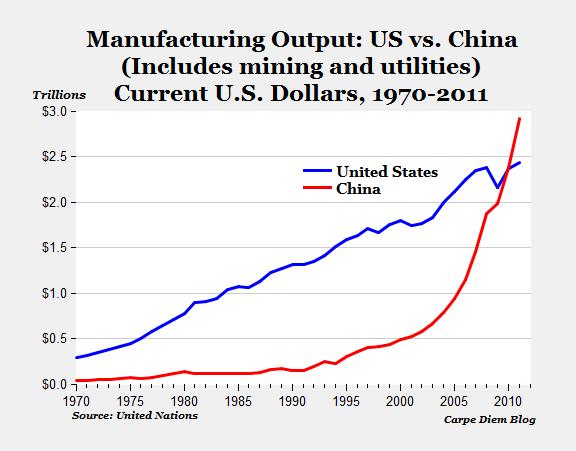By John Aziz
One thing that has undergone hyperinflation in
recent years is the length of financial regulations:
The Dodd-Frank regulatory hyperinflation crowds out those who cannot afford teams of legal counsel, compliance officers, and expansive litigation. Dodd-Frank creates new overheads which are no challenge for large hedge funds and megabanks armed with Fed liquidity, but a massive challenge for startups and smaller players with more limited resources.
The law requires Hedge Funds to register with the Securities and Exchange Commission, supply reams of sensitive data on trading positions, carefully screen potential investors, and hire compliance officer after compliance officer.
So, is this expansion
in volume likely to improve financial stability? No — the big banks are bigger and more
interconnected than ever, which was precisely the problem before 2008, and they are still speculating and arbitraging
with very fragile strategies that can incur massive losses as MF
Global’s breakdown and more
recently the London Whale episode proves.
Catching a frisbee is difficult. Doing so successfully requires the catcher to weigh a complex array of physical and atmospheric factors, among them wind speed and frisbee rotation. Were a physicist to write down frisbee-catching as an optimal control problem, they would need to understand and apply Newton’s Law of Gravity.
Yet despite this complexity, catching a frisbee is remarkably common. Casual empiricism reveals that it is not an activity only undertaken by those with a Doctorate in physics. It is a task that an average dog can master. Indeed some, such as border collies, are better at frisbee-catching than humans.



















.jpg)

